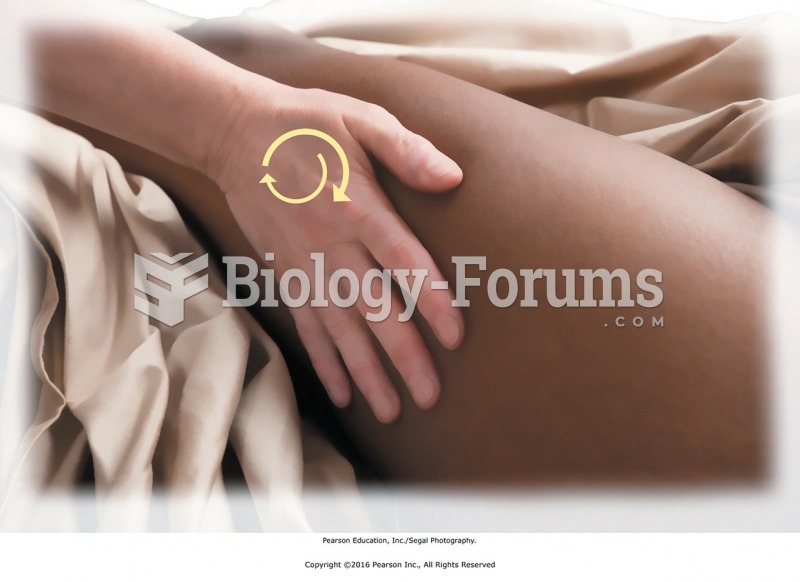|
|
|
Never take aspirin without food because it is likely to irritate your stomach. Never give aspirin to children under age 12. Overdoses of aspirin have the potential to cause deafness.
There are over 65,000 known species of protozoa. About 10,000 species are parasitic.
Vaccines prevent between 2.5 and 4 million deaths every year.
A cataract is a clouding of the eyes' natural lens. As we age, some clouding of the lens may occur. The first sign of a cataract is usually blurry vision. Although glasses and other visual aids may at first help a person with cataracts, surgery may become inevitable. Cataract surgery is very successful in restoring vision, and it is the most frequently performed surgery in the United States.
Nearly 31 million adults in America have a total cholesterol level that is more than 240 mg per dL.







